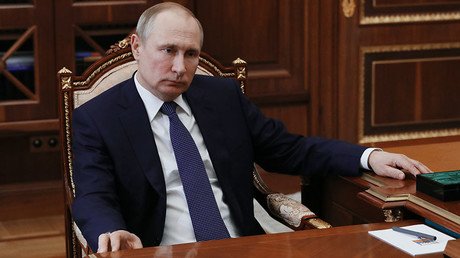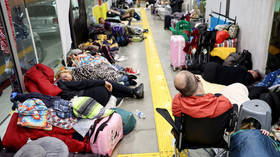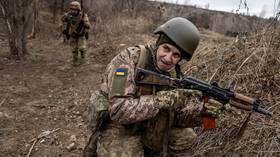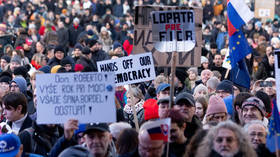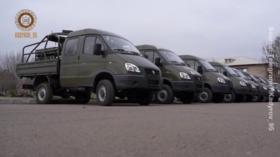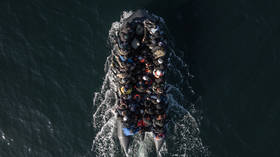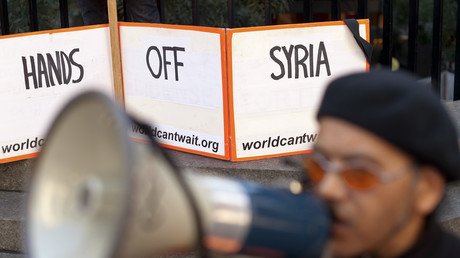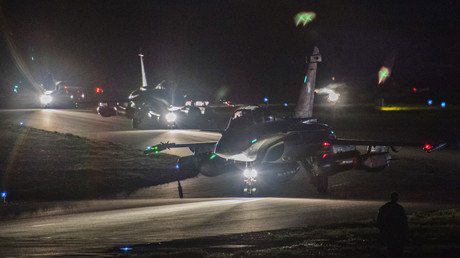Chemical weapons investigation team arrives in Damascus – OPCW
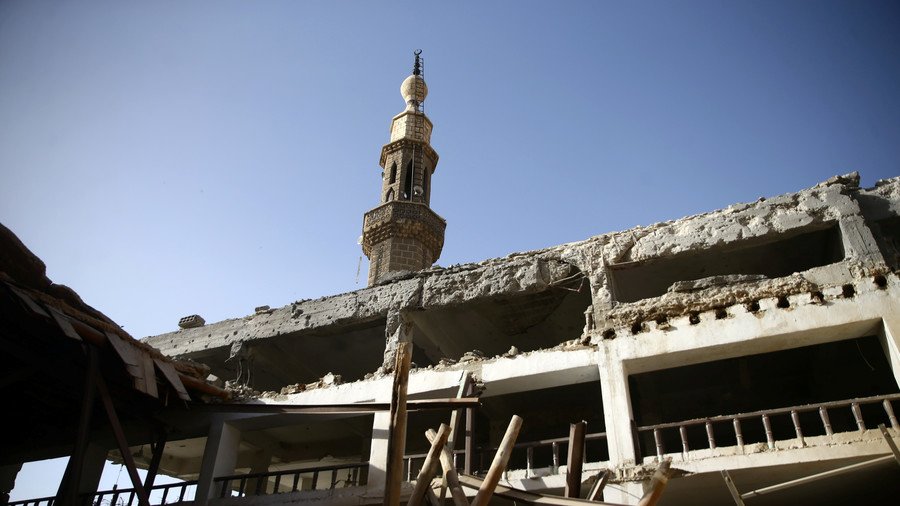
A fact-finding mission by the UN’s chemical weapons watchdog has arrived in Damascus. The agency said earlier its work would continue despite airstrikes carried out on the country hours earlier by the US, UK, and France.
🔴 BREAKING: #OPCW Fact-Finding Mission (FFM) team has arrived in Damascus, #Syria to commence its work.
— OPCW (@OPCW) April 14, 2018
Inspectors from the Organisation for the Prohibition of Chemical Weapons (OPCW) are in the country to investigate the circumstances surrounding reports of a gas attack in the Syrian city of Douma, where at least 70 people are reported to have died from chemical exposure. Syria and Russia called for an OPCW inquiry into the claims.
The agency, set up to ensure the destruction of chemical armaments, is due to assess the scene and take samples from alleged attack victims to determine the cause and potentially uncover the perpetrators.
The OPCW, whose members include Syria, Russia, the UK, France, and Russia, issued a statement on Saturday saying the investigation into the alleged use of illegal chemical weapons will continue.
The statement comes after a night of bombing, which saw US, French, and British forces launch missiles at sites including a military facility outside Homs and a suspected research center in the capital, Damascus. Both Russia and Syria have condemned the airstrikes as a breach of international law, and insist that Assad forces did not deploy chemical weapons.
OPCW officials have carried out similar chemical checks in Syria. In 2017, the organization found that sarin or a sarin-like substance was used in the town of Khan Shaykhun, but did not undertake an on-the-ground inspection of the site.
Evidence put forward in the agency’s report revealed the gas was most likely released to the north of the settlement. However, it did not attribute blame to the April 2017 attack, which was carried out in an area not controlled by the government of the Syrian Arab Republic at the time.
Think your friends would be interested? Share this story!
